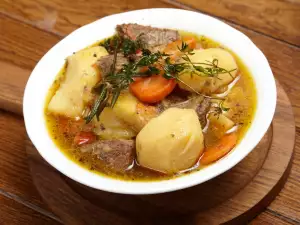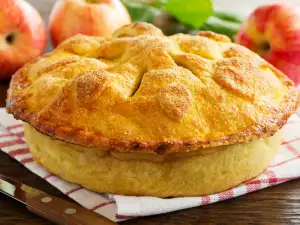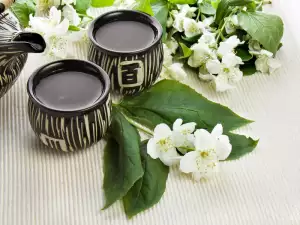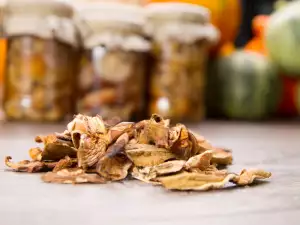Turkish coffee, also known as cezve coffee, actually symbolizes the technology of preparing coffee, which has become iconic. It is prepared in a special stovetop coffee pot from boiled fine coffee beans and sugar is often added. It is served with coffee grounds at the bottom, which even fortune tellers use, in order to try to predict the future.
It is an interesting fact that Turkish coffee is known by different names in different countries - Arabic, Greek, Armenian. It is a popular drink in the Middle East, the Caucasus, North Africa and the Balkans. The culture of drinking coffee in cafes began in the Ottoman Empire and it is not surprising that in these parts of the world this is the main way to drink the caffeinated drink.
Before we move on to the golden rules for making Turkish coffee, we need to focus on the utensils that are needed. First of all, you need a stovetop coffee pot or better known as a cezve, a spoon and of course - a stove. The spoon is needed to measure the required amount of coffee and sugar. The ingredients of the drink are finely ground coffee, but sometimes aromatic additives such as cardamom are added to it. Cold water and sugar are needed.
The cezve is traditionally made out of copper and has a wooden handle. The size of the cezve, that we choose depends mainly on how many coffees we want to make. A very important component contributes to the size of the Turkish coffee - the valuable cream.

You can also prepare the fragrant Turkish coffee Mokka at home, following the following few "golden" rules. Most often for 1 cup of the drink you need a full teaspoon of finely ground coffee and sugar (optional). Turkish coffee is made in the following two ways:
1. In a cezve. Once the water boils, the coffee and sugar are added to it. Once it boils, the coffee is lifted from the heat and then left to boil again. In order for it to be ready, the coffee usually has to be boiled three times.
2. The coffee and sugar are mixed in a stovetop coffee pot, filled with cold water and left for a few minutes. During this time, the extraction of aromatic and flavoring substances takes place.
Then the stovetop coffee pot is put on low heat. This way, the coffee boils slowly and a good cream is obtained. After the first time it boils, the coffee is removed from the heat and left to boil again. Those who love coffee without cream, after removing the coffee pot from the heat, should sprinkle the coffee with a few drops of cold water.
Some basic subtleties must also be observed when serving ready-made coffee. Place the coffee pot with the prepared coffee, the cups on small saucers and cups with cold water on a serving platter.
Water is a must-have addition to strong Turkish coffee. It is believed that when you drink a sip of water and then drink coffee, the throat is cleansed of all other flavors and this way you can fully enjoy the fragrant and strong drink.
It is customary for the guests to pour their own coffee. When serving coffee, it always starts off with the oldest person as a sign of respect and honor. Drink it slowly in sips. Tradition dictates that Turkish coffee needs to be served in the company of something sweet - a small candy or a typical oriental dessert.
Sometimes Turkish coffee is served after dinner, accompanied by a small aperitif. Turkish delight is almost a mandatory part of the tradition of serving fragrant Turkish coffee.
Copper coffee pots are usually used, which should be well polished.
We will share with you another not very popular, but extremely healthy recipe, in which egg yolk is added to the aromatic coffee.
Turkish coffee with egg yolk
Turkish coffee is prepared in the same way, which we already described. To a cup of coffee, add 1/2 yolk, which has been beaten into a frothy mixture. The pleasant and invigorating coffee can also be served iced. The drink has significant nutritional value.
Note that Turkish coffee is stronger than regular coffee. If you are used to drinking several cups of coffee a day, be careful. If you choose aromatic Turkish coffee, it is best to limit yourself to one cup so that you do not have any complaints and discomfort.



















Comments